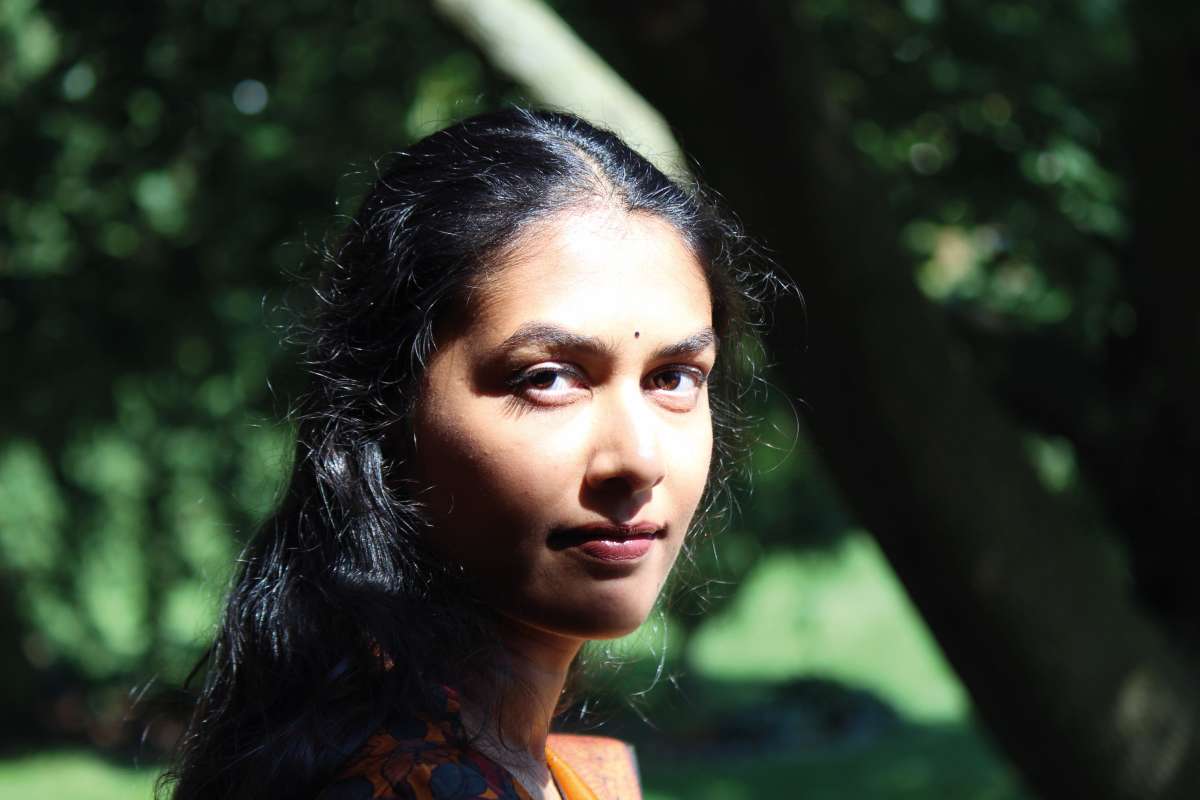Rao’s narrative is both fiercely political and deeply romantic, offering a vivid portrayal of the era’s social hierarchies and the fervent desire for change. The novel’s ambitious scope, combined with its intimate exploration of love and resistance, marks it as a significant work in contemporary literary fiction…reports Asian Lite News
“The Fertile Earth” is a masterful debut by Ruthvika Rao, weaving a compelling tale of forbidden love against the tumultuous political backdrop of 1960s India. The novel captivates readers with its rich tapestry of characters, intense emotions, and a storyline that delves deep into the social divide and political unrest of post-independence India.
Set in the fictional village of Irumi in Telangana, the novel centers on the intertwined lives of two pairs of siblings from vastly different social backgrounds. Vijaya and Sree Deshmukh, daughters of a powerful landowning family, and Krishna and Ranga, sons of a widowed servant in the Deshmukh household, form an unlikely and dangerous bond. This friendship, forged in the innocence of childhood, sets the stage for the epic narrative that follows.
The novel’s plot is ignited by a tragic accident during a tiger hunt suggested by Vijaya. This incident scatters the children across India, only for their paths to cross again years later. Despite the deep social and economic chasm between them, Vijaya and Krishna find themselves irresistibly drawn to each other. Their rekindled relationship is set against a nation in turmoil, with violent uprisings threatening to tear their world apart.
Rao’s narrative is both fiercely political and deeply romantic, offering a vivid portrayal of the era’s social hierarchies and the fervent desire for change. The novel’s ambitious scope, combined with its intimate exploration of love and resistance, marks it as a significant work in contemporary literary fiction.
The characters in “The Fertile Earth” are beautifully complex. Vijaya is portrayed as daring and spirited, challenging the constraints of her privileged upbringing. Krishna, on the other hand, embodies the struggle of the lower class, fighting for dignity and justice. Their love story is a poignant commentary on the rigid class divides that define their world.
Ruthvika Rao’s writing is lauded for its vivid imagery and passionate prose. Margot Livesey praises it as “so vivid and passionate… Compulsively readable,” while Angela Flournoy describes it as “an astonishing, intelligent epic.” The novel’s ability to intertwine personal and political narratives is particularly impressive, making it a powerful commentary on the socio-political landscape of 1960s India.
One of the novel’s standout features is its depiction of the political upheaval in Irumi. The uprising and subsequent act of vengeance against the Deshmukh family are depicted with gripping intensity. The people’s court’s verdict against Surendra Deshmukh, the zamindar of Irumi, is a powerful moment that encapsulates the era’s revolutionary spirit: “It is a heinous crime to take this land away from the hands that till it… For this crime, and the crimes you have committed against the people of Irumi for all these long years, you… are hereby sentenced to death. This is the verdict of the people’s court.”
Rao’s background as a graduate of the Iowa Writers’ Workshop and a recipient of prestigious fellowships and awards is evident in her polished storytelling and nuanced character development. Her personal connection to the setting, having grown up in Hyderabad, adds authenticity to the narrative.
“The Fertile Earth” is an achingly beautiful book, deeply-layered and drenched with desire and daring. It is a spellbinding epic of land, class, and family, exploring the complexities of consciousness and change. Ruthvika Rao emerges as a formidable new voice in literary fiction, drawing comparisons to giants like Vikram Seth, Arundhati Roy, and Kiran Desai. Her debut is nothing short of dazzling, promising a bright future in the literary world.
In conclusion, “The Fertile Earth” is a novel that will leave a lasting impression. Its blend of historical and personal drama, rich character portrayals, and eloquent prose make it a must-read for anyone interested in the complexities of love and resistance in a changing world.
ALSO READ-Books on Mythology, Freedom Fighters, and Kashmir’s History

